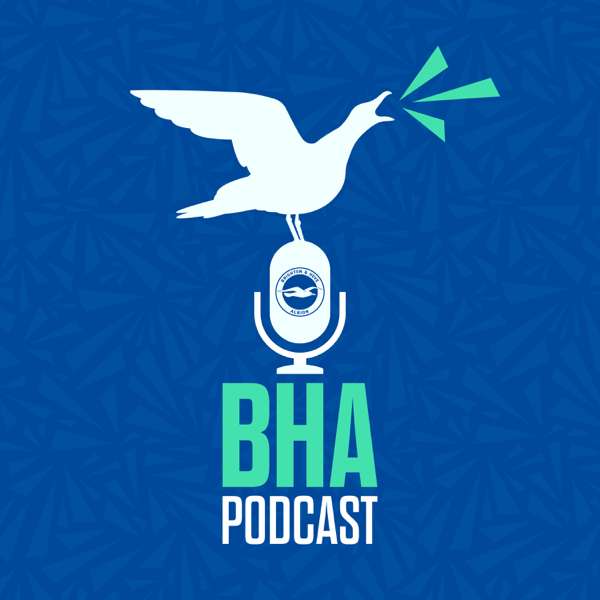The most important story in the world right now is how real the chance of war with North Korea is — and how cataclysmic such a war would be.
Part of the reason the risk of war is so real is that our understanding of North Korea is so sparse. "The Hermit Kingdom" is a world unto itself; a land of deprivation, of lunacy, of tyranny, of delusion. We have no diplomatic relations, no trade, no cross-cultural exchanges. We don't understand Kim Jong Un, we don't understand his people, and they don't understand us. And so, ignorant, we lurch towards the possibility of nuclear war built atop mutual miscomprehension.
The best view we have into life in North Korea is Barbara Demick's Nothing to Envy: The Ordinary Lives of North Koreans. Demick was the Los Angeles Times bureau chief in Seoul and Beijing, and she found herself obsessed with this country she couldn't cover and couldn't understand. So she began talking to the people who had left it, the refugees who escaped across the DMZ. She began asking them to reconstruct their lives, to tell her what it was like, to make everyday life in North Korea intelligible. And they did. They told her what it was like to grow up, and to fall in love, and to go to school, and to have dinner, and to flee. They told her what it was like to build new lives, to remember past friends, to know their family was in a place they could never visit again, to hear the rest of the world fear and pity the place they had once called home.
This conversation is about North Korea, but it's also about North Koreans — about what it's like to live in the most closed society on earth, about what they know and don't know of the outside world, about how their existence can be both ordinary and extraordinary, about what would happen to them if there was a war. And this is a conversation about what we need to know about North Korea, about how the country's past informs its present, about what Demick would tell Trump if he would just listen.
Hosted by Simplecast, an AdsWizz company. See pcm.adswizz.com for information about our collection and use of personal data for advertising.
See omnystudio.com/listener for privacy information.

 Our TOPPODCAST Picks
Our TOPPODCAST Picks  Stay Connected
Stay Connected







